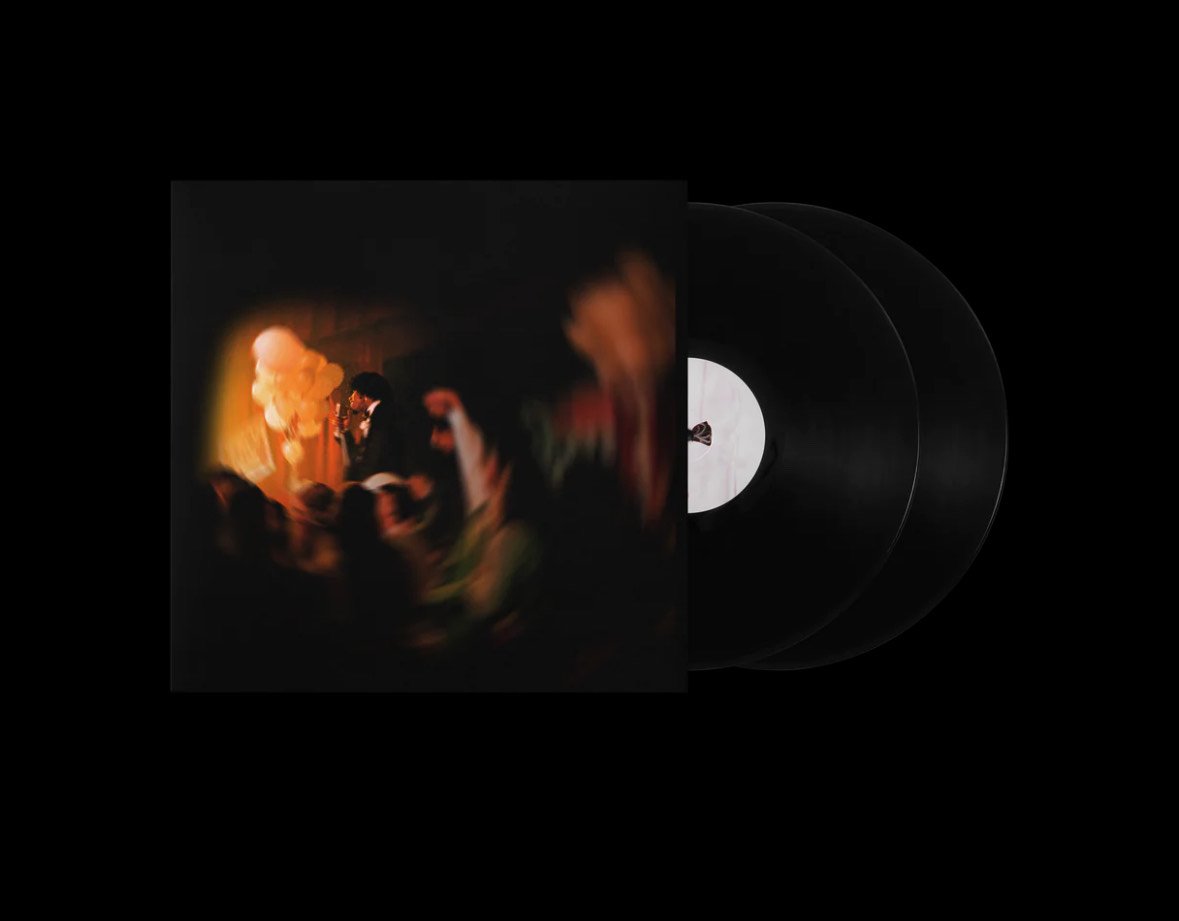The Poppy War
Photo from Goodreads.
Carly Ungerer
The Poppy War is a portrait of war, humanity, and atrocity in the form of a stunning historical fantasy set in a fictionalized World War II-era China.
The Poppy War trilogy tells Rin’s story, a teenage war orphan from a poor southern province, who chooses a future in an elite military academy as a soldier over a marriage she didn't choose. However, political tensions rise and Rin finds herself fighting a war that will alter her life and country forever.
As her country fractures, she becomes increasingly complex and morally dubious. Although Rin’s worst actions and questionable decisions should make her unlikable, her character remains compelling. Seeing the atrocities committed on both sides of war through Rin’s eyes makes her character understandable, if not justifiable.
The character development comes back to the central idea of the series: “War doesn’t determine who’s right. War determines who remains.” Nearly all of the characters in the trilogy are incredibly nuanced and immoral by the end of the book, though Rin’s pursuit of power and freedom at the cost of all else is most prominent. It paints an image of war as something that destroys humanity, not just by sheer loss of life, but loss of hope, morality, and stability.
While the trilogy tells Rin’s story, the books are at their core not about her. They are about war, religion, broken nations, and atrocity. While I consider The Poppy War trilogy to be a masterpiece, I would not recommend it to everyone. It does not shy away from cruelty and brutality, and it can leave you raw and uncomfortable. Its grim nature, however, serves a purpose. The book and the events in it are heavily based on the Second Sino-Japanese War. Kuang forces her readers to confront atrocity and reflect on human history. Kuang’s The Poppy War trilogy is haunting, grim, and by no means an easy read, but it paints an incredibly honest image of war and the worst parts of humanity it can draw out.
Content Warnings: Abandonment, Abuse (emotional and physical), Addiction, Animal death/cruelty, Assault, Bullying, Cannibalism, Character death, Classism, Colonization, Decapitation, Dismemberment, Drugs, Drug abuse, Fire, Forced marriage, Genocide, Gore, Grief, Human experimentation, Infertility, Massacres, Misogyny, Mutilation, Murder (including children), Profanity, Racism, Rape (past, recollected), Self-harm, Sexual violence, Suicidal thoughts, Torture, Violence (including against children), War






